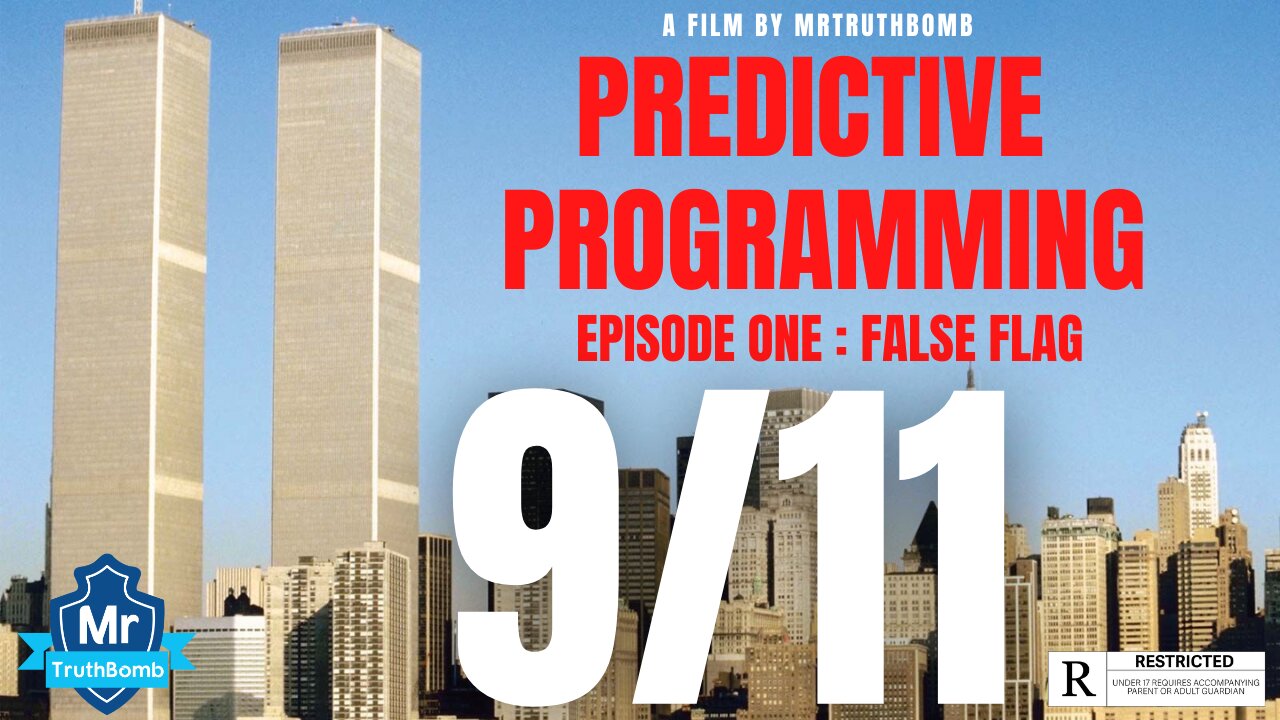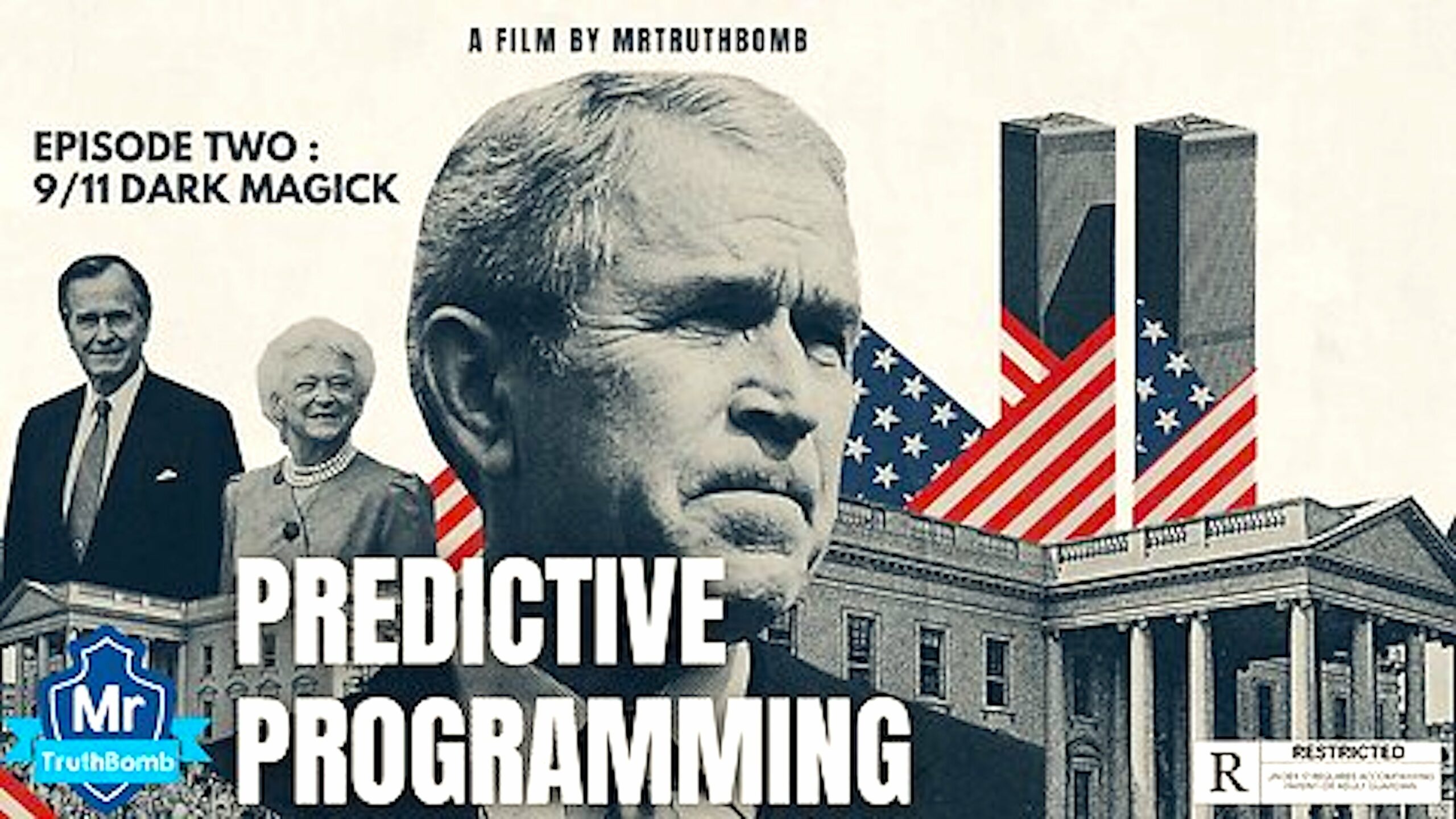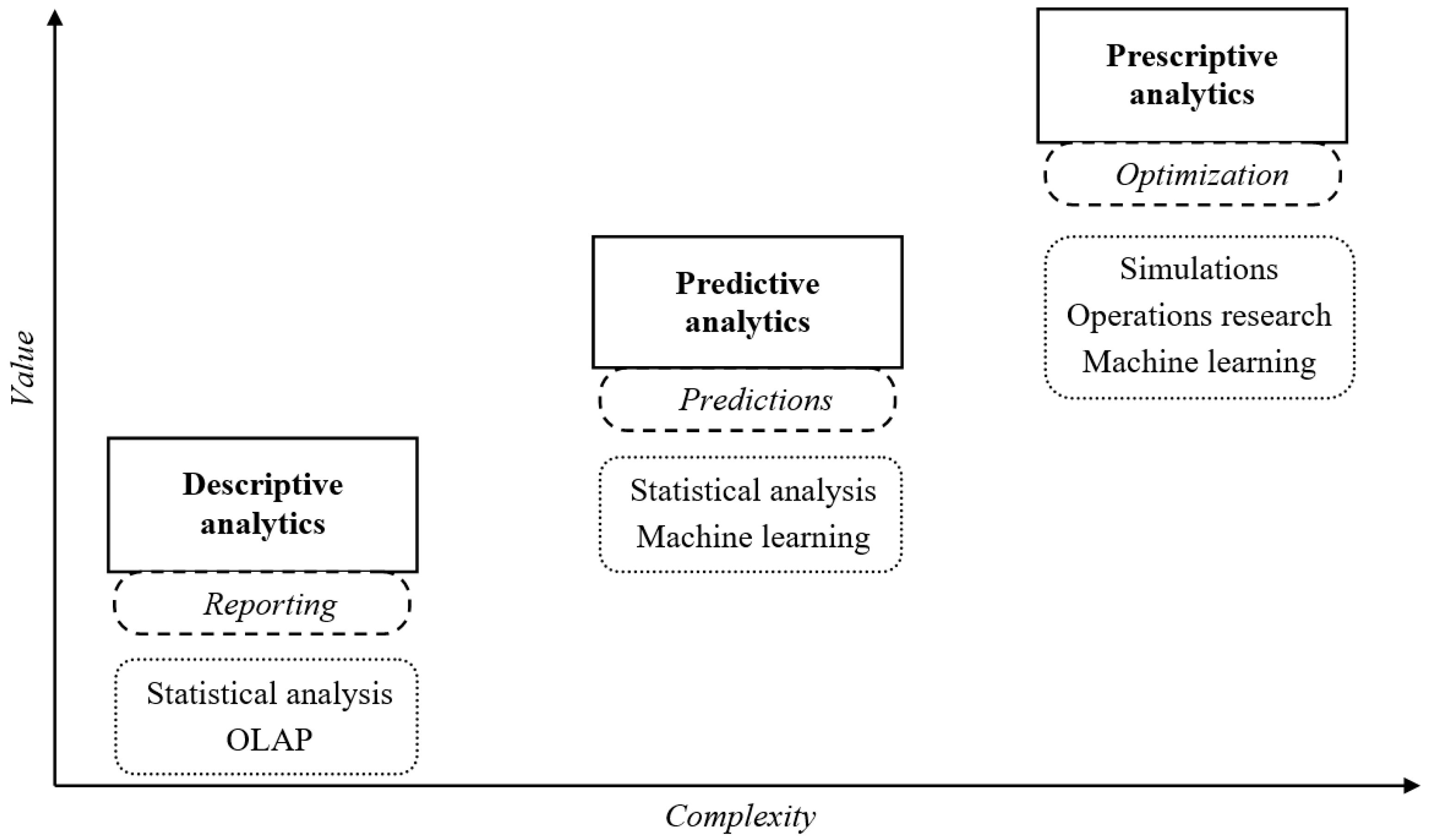Imagine this: a world where major events are subtly hinted at long before they happen, woven into movies, books, and TV shows. Welcome to the fascinating yet controversial world of predictive programming. This concept has sparked endless debates, with conspiracy theorists claiming it’s a tool used by powerful elites to shape public perception. But what exactly is predictive programming 9/11? And how does it relate to one of the most significant events in modern history? Let’s dive in and uncover the truth.
Predictive programming isn’t just a buzzword for conspiracy theorists. It’s a concept that suggests certain events are “predicted” in popular media before they occur. While some dismiss it as mere coincidence, others argue it’s a calculated way to desensitize the public to shocking events. The infamous 9/11 attacks have been at the center of this debate, with numerous examples cited as evidence of predictive programming.
In this article, we’ll explore the ins and outs of predictive programming, focusing on its alleged connection to 9/11. We’ll examine the evidence, analyze the theories, and provide you with a balanced perspective. So, buckle up and get ready for a wild ride through the world of conspiracies and hidden agendas.
Read also:Joselis Johana The Rising Star Redefining Beauty And Talent
What is Predictive Programming?
Predictive programming is a term that’s been floating around in conspiracy circles for decades. At its core, it refers to the idea that certain events are subtly hinted at in media before they actually happen. This could include movies, TV shows, books, or even video games. The goal, according to theorists, is to condition the public to accept these events when they eventually occur.
How Does Predictive Programming Work?
The concept revolves around the idea of psychological conditioning. By repeatedly exposing audiences to certain scenarios, the public becomes desensitized to them. For example, if a movie depicts a terrorist attack on a skyscraper, viewers might not bat an eye when a similar event happens in real life. It’s a form of subtle manipulation that operates under the radar.
Predictive Programming and 9/11: The Connection
When it comes to predictive programming, 9/11 is often cited as the ultimate example. Conspiracy theorists point to various films, TV shows, and even video games that allegedly predicted the attacks. While some of these examples might seem like mere coincidences, others have sparked intense debate. Let’s take a closer look at the evidence.
Examples of Predictive Programming in 9/11 Media
- “The Simpson’s” Episode: In a 1997 episode titled “The City of New York vs. Homer Simpson,” the World Trade Center is shown being destroyed. While the context is comedic, the imagery has led many to question whether it was an early hint of things to come.
- “Loose Change” Documentary: This controversial film explores the alleged connections between predictive programming and 9/11. It highlights numerous examples from movies and TV shows that supposedly predicted the attacks.
- “Dark Knight” Comic Book: A 1987 comic book features a storyline where Gotham City is attacked by terrorists using planes. The parallels to 9/11 are uncanny, leading some to believe it was a form of predictive programming.
Theories Behind Predictive Programming
There are several theories surrounding predictive programming and its alleged role in shaping public perception. Some suggest it’s a tool used by powerful elites to control the narrative, while others believe it’s simply a result of human psychology. Let’s explore some of the most popular theories.
1. The Elite Control Theory
This theory posits that predictive programming is a deliberate tool used by powerful elites to manipulate the masses. By subtly hinting at future events in media, they condition the public to accept them when they occur. Proponents of this theory argue that it’s a way for these elites to maintain control over society.
2. The Psychological Conditioning Theory
Another popular theory suggests that predictive programming works by exploiting the principles of psychological conditioning. By repeatedly exposing people to certain scenarios, they become desensitized to them. This makes it easier for the public to accept these events when they happen in real life.
Read also:Young Paradise 517 Register Your Ultimate Guide To Joining The Trendiest Youth Community
Is Predictive Programming Real or Just Coincidence?
The question of whether predictive programming is real or just a series of coincidences has been hotly debated. On one hand, the evidence seems compelling. On the other hand, skeptics argue that the human brain is wired to find patterns, even where none exist. So, how do we separate fact from fiction?
Examining the Evidence
Let’s take a closer look at some of the most cited examples of predictive programming in relation to 9/11:
- “America: Freedom to Fascism”: This documentary highlights numerous examples of alleged predictive programming in media, including references to 9/11. While some of these examples are intriguing, others can be explained as coincidences.
- “Eyes Wide Shut”: Directed by Stanley Kubrick, this film features a scene where a character mentions the “World Trade Center.” Some theorists believe this was a subtle hint at the impending attacks.
The Role of Media in Predictive Programming
Media plays a crucial role in the concept of predictive programming. Whether it’s movies, TV shows, or even video games, the influence of media on public perception cannot be underestimated. Let’s explore how media is used to shape our understanding of the world.
How Media Shapes Public Perception
The media has the power to influence how we view the world. By controlling the narrative, media outlets can shape public opinion and even dictate societal norms. In the context of predictive programming, this power is used to condition the public to accept certain events as inevitable.
The Psychological Impact of Predictive Programming
Understanding the psychological impact of predictive programming is essential to grasping its significance. By repeatedly exposing people to certain scenarios, the media can create a sense of inevitability. This makes it easier for the public to accept these events when they eventually occur.
Breaking Down the Psychological Mechanisms
Let’s break down the psychological mechanisms behind predictive programming:
- Desensitization: Repeated exposure to certain scenarios desensitizes the public, making them less likely to react strongly when these events occur in real life.
- Cognitive Dissonance: When people are exposed to conflicting information, they experience cognitive dissonance. Predictive programming can help resolve this dissonance by preparing the public for certain events.
Is Predictive Programming Dangerous?
While some view predictive programming as a harmless coincidence, others believe it poses a significant threat to society. By manipulating public perception, it has the potential to undermine trust in institutions and media. Let’s explore the potential dangers of predictive programming.
Impact on Society
The impact of predictive programming on society is a topic of ongoing debate. While some argue it’s a tool for maintaining control, others believe it’s a way to ensure societal stability. Regardless of where you stand, it’s clear that predictive programming raises important questions about the role of media in shaping public perception.
How to Spot Predictive Programming
If you’re interested in learning more about predictive programming, it’s important to know how to spot it. While some examples are obvious, others are more subtle. Here are a few tips to help you identify predictive programming in media:
- Look for Repeated Themes: If a certain scenario is depicted repeatedly across different media, it could be a sign of predictive programming.
- Pay Attention to Context: Consider the context in which these scenarios are presented. Are they portrayed as inevitable or unavoidable?
Conclusion: What Does the Future Hold?
In conclusion, predictive programming remains a controversial topic. While some view it as a tool for manipulation, others see it as a fascinating aspect of human psychology. As we continue to explore its implications, one thing is clear: the role of media in shaping public perception cannot be ignored.
We encourage you to share your thoughts and insights in the comments below. Are you a believer in predictive programming, or do you think it’s all just a coincidence? Whatever your stance, we’d love to hear from you. And don’t forget to check out our other articles for more thought-provoking content.
Table of Contents
- What is Predictive Programming?
- Predictive Programming and 9/11: The Connection
- Theories Behind Predictive Programming
- Is Predictive Programming Real or Just Coincidence?
- The Role of Media in Predictive Programming
- The Psychological Impact of Predictive Programming
- Is Predictive Programming Dangerous?
- How to Spot Predictive Programming
- Conclusion: What Does the Future Hold?


